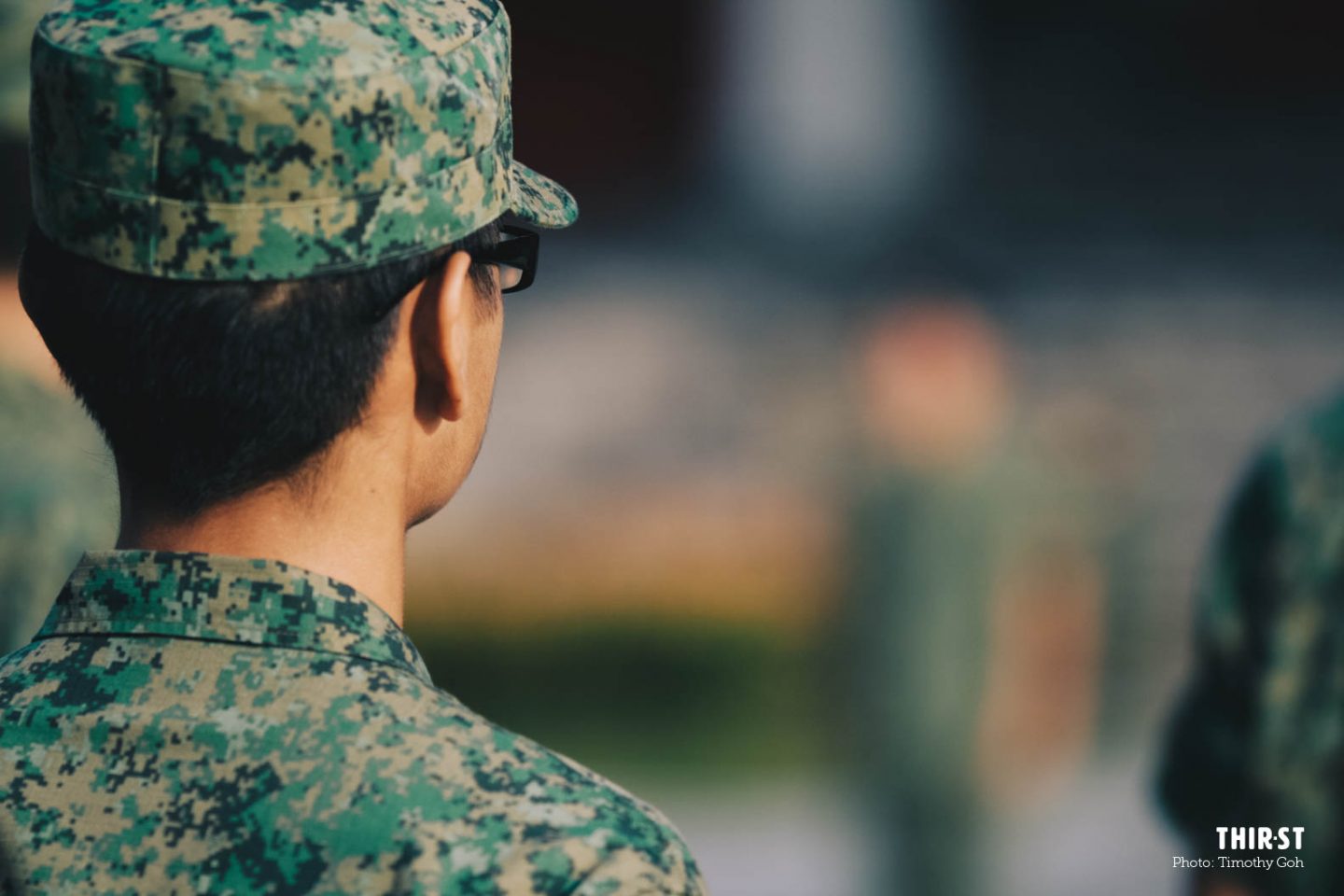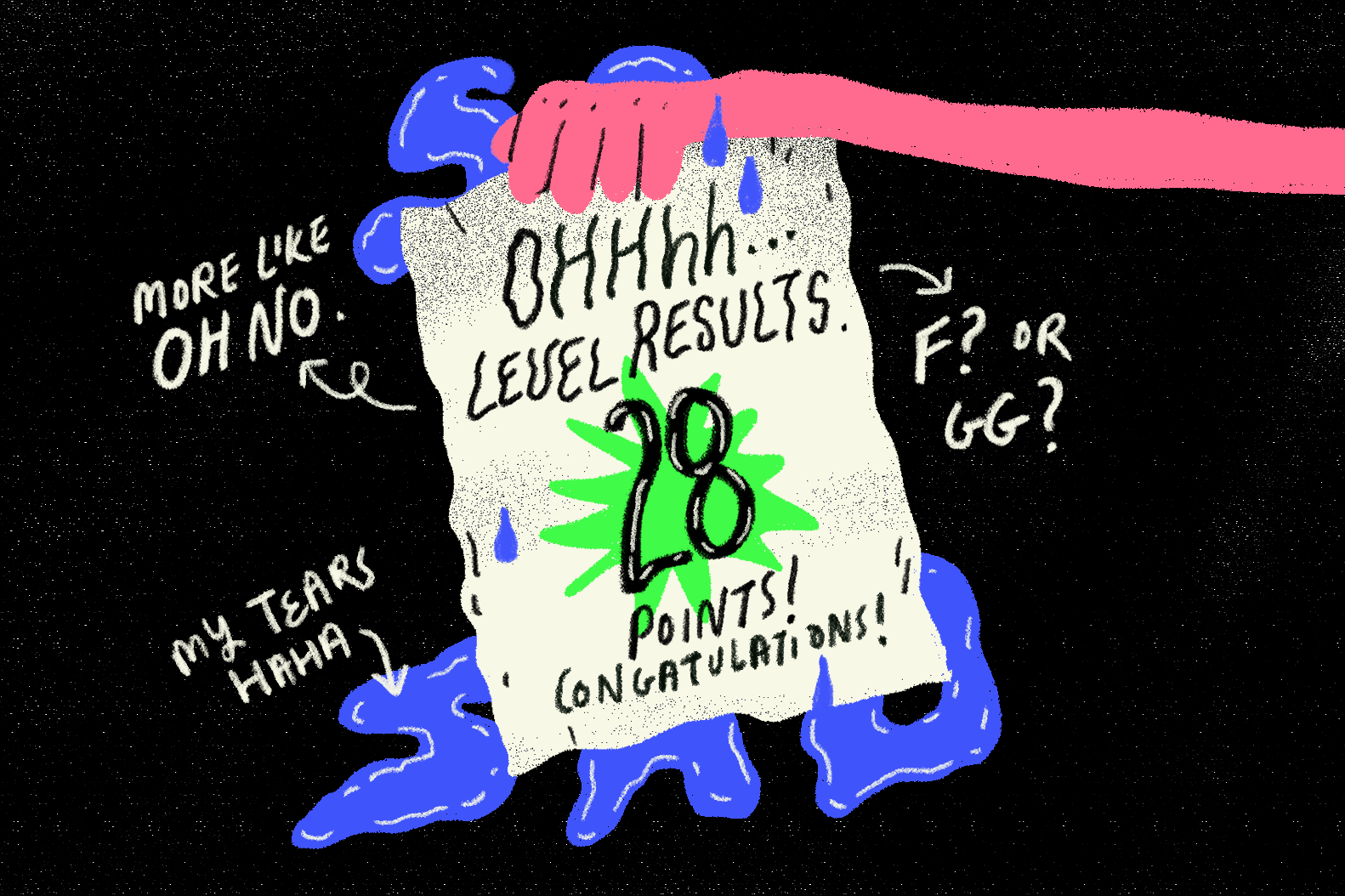I’m currently in camp for military reservist training.
It has been a rather eventful in-camp cycle so far, largely due to the unfortunate passing of Aloysius Pang.
We have all been following the news very closely in camp, praying and grieving for our fellow brother-in-arms. For those of us in camp at this moment, there is a different atmosphere compared to the outside.
It’s also fair to say that when the incident happened, the first thing that flashed across our mind is: It could have been me.
![]()
I’d like to share a few thoughts from my own opinion as an NSman (National Serviceman) in his eighth year.
Because amid the furore on social media, hearsay rumours and armchair speculation, it’s good for us to be able to look at this incident with clear eyes and sharp minds. I hope my perspective will help us engage with this matter from another angle.
The fact is, there is always danger in our training. From day one, the moment we shaved botak, it was never safe. Protecting a country from war is always dangerous.
That being said, safety measures are always in place in every single activity we do. In the Army, safety is never only a personal or top-down effort. It is also a horizontal collective effort. We need to constantly look out for each other.
But is it possible to reduce unnecessary deaths or injuries to an absolute zero? I’m not so confident anyone can promise that, short of abolishing the NS system entirely.
A lot of people – including myself – thought that NS was just about those 2 years when we were 18-20.
But the truth is, a large bulk of the time spent protecting the nation comes during our 10-year cycle of In-Camp Training. ORD means “Operationally Ready Date”. That means we have reached a point where we are ready to protect the nation.
So it’s not the end of Army life — it’s actually the beginning.
The term “reservist” gives people the impression that we are here to re-service old parts, slack about, have fun — generally just not do our normal jobs.
“Reservist” tends to give the wrong impression that our NS was completed the moment we served our 2 years. Maybe it’s true for some, but for me, in my line of duty as Homeland Security, we’re now going through even more serious training compared to our NS days.
The real deal begins here, now we are Operational Ready. We are deployed to protect Singapore with real bullets; we simulate real missions in the event a war ever breaks out, or a terrorist attack occurs.
![]()
We NSmen might not be as fit as the younger full-time NSmen, but we can definitely still fight.
We will take enemies down when necessary. Our training is sufficient for us to protect the nation, as long as right hearts and minds are put into it.
We understand the fact that this tiny little nation cannot do without her armed forces.
That’s the purpose of NS. We fight for this tiny island that I believe God has a special grace for.
I didn’t believe in it at first. I used to think that NS was a means to an end: It was my pathway to Singapore citizenship.
I cried when I was posted back to Tekong during my NS years. And at the start of my 10-year ICT cycle, I used work as an excuse to siam as far away as I could from the sacred responsibility of protecting our homeland.
But I believe that God entrusted Singapore to more than just Lee Kuan Yew. He also entrusted this tiny island to us men and women with the big responsibility of being ready to make sacrifices for the land.
![]()
I’m not trying to wayang here, but spirits in my camp are still strong.
We are upset by the news and we know how dangerous and painful it can be, but there has been no outcry to end our service immediately.
We understand the fact that this tiny little nation cannot do without her armed forces.
This incident only magnifies Singapore’s vulnerability. If we start placing self-interest over the nation, we will see a very different Singapore. If my son doesn’t pick up that rifle when his turn comes, then perhaps we won’t be a nation anymore in his generation or the next.
The reality is we cannot survive without conscription. Even if there is no war, the absence of a strong deterrent armed forces will plunge us into economic instability, simply because we would have less bargaining chips on the table.
The easier way out is to blame MINDEF for all these deaths and accidents. But what can this culture of blame achieve?
It encourages witch-hunting that merely provides short-sighted solutions. It merely forces the SAF to make harsh decisions to satisfy its critics.
Blame creates fear and mistrust. Fear and mistrust create negative attitudes towards coming back to camps, and ironically, these negative attitudes will cause more accidents and lapses to happen.
And very soon, this fear and mistrust will become political and erode the unity of a nation.
![]()
I share so we can look at this issue with perspective.
What I learnt is not to use incidents like these as an opportunity to vent our unhappiness towards society, country or government, as many of us are in the habit of doing.
Instead, we should engage in constructive conversations. As we grieve for the loss of another Singaporean son, we should ponder what his sacrifice means for the nation.
Instead of the knee-jerk reaction of calling for heads to roll, we need leaders to make sound and wise decisions for the security of the nation — not quick and rash responses to pacify anger.
We need a transformation of mindsets towards NS and a renewed culture in camps.
I count myself blessed to have mature NSmen in my unit. Over the years, we began to better understand why we are placed here, why we come back to Camp each year.
We know the consequences if we don’t.
I learnt not to use incidents like these as an opportunity to vent our unhappiness. Instead, we should engage in constructive conversations.
For men who serve like me, be proud and know why you wear that uniform. It’s literally the fabric that holds Singapore together. It’s a chance to meet people from all walks of life, of different SES and of different races and religions.
For the women who have husbands, boyfriends and sons serving: Embrace the fact that they are not just protecting your family — they are protecting other families too.
I don’t think I’m the only who grieves for Aloysius, and feels worried for our sons who eventually need to serve the nation.
But when we understand the true purpose of why we are doing this, it starts to make sense.
This post was first published on the writer’s Facebook page and adapted for publication.









